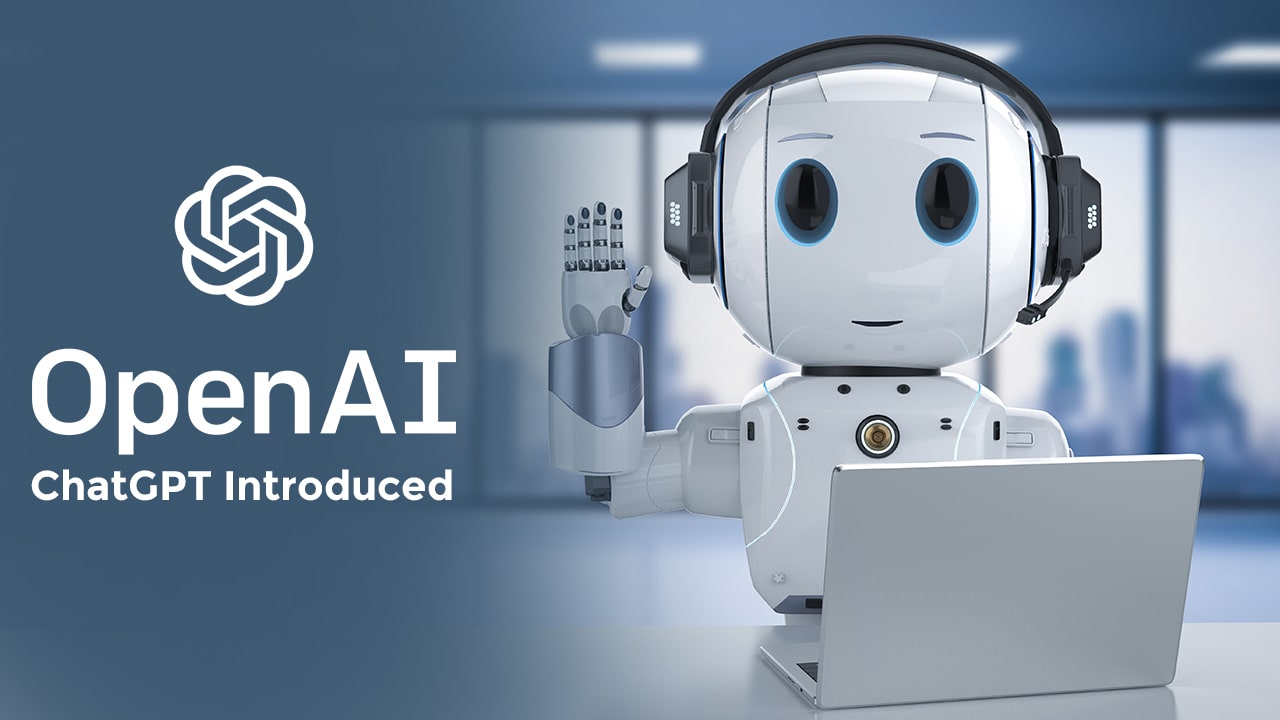ChatGPT: Transforming Human-Machine Interaction
In recent years, artificial intelligence (AI) has made incredible advances, and ChatGPT is one of the most significant discoveries in the field of human-machine interaction. ChatGPT is an AI language model developed by OpenAI that uses deep learning algorithms to generate human-like responses and participate in meaningful conversations with users. This article investigates ChatGPT's capabilities, effect, and promise as it reshapes the way people interact with AI, revolutionizing customer service, education, content development, and more.
ChatGPT is a sophisticated language model trained on a large corpus of text data that is powered by the GPT-3.5 architecture. It uses its vast knowledge base to understand and provide contextually relevant responses, resulting in a conversational experience that closely resembles human-like interactions. ChatGPT provides coherent and relevant responses by analyzing the input text and taking into account the context, resulting in a more natural and engaging conversation.
ChatGPT's capabilities are wide and adaptable. It can answer questions, explain things, make suggestions, and even write creatively. ChatGPT's capacity to grasp and respond to natural language has found applications in a variety of disciplines. ChatGPT can handle multiple concurrent conversations in customer service, giving rapid responses and decreasing the stress on human operators. This increases efficiency, improves the customer experience, and allows firms to successfully scale their operations. ChatGPT, a virtual assistant, may help users with things including making reminders, arranging appointments, and delivering personalized recommendations. It can also help with language translation, removing linguistic barriers and promoting global communication. ChatGPT has the ability to transform the learning experience in education. It can serve as a virtual tutor, providing students with tailored assistance, explanations, and facilitating interactive learning. ChatGPT's content generating capabilities also make it a useful tool for knowledge diffusion and exploration.
While the capabilities of ChatGPT are amazing, its adoption creates ethical concerns and obstacles. To minimize negative outcomes, it is critical to ensure that AI is used responsibly. To avoid the perpetuation of discrimination or disinformation, the biases included in the training data must be addressed. Transparency in AI-generated responses is critical for establishing trust, and users must be
mindful while interacting with an AI system. ChatGPT's potential goes beyond its existing limitations. Further study and development can improve its conversational abilities, making interactions more natural and contextually aware. ChatGPT has the potential to become an even more valuable tool in fields such as healthcare, research, and creativity. The model's performance can increase as more data is collected and processed, allowing it to deliver more accurate and insightful responses.
mindful while interacting with an AI system. ChatGPT's potential goes beyond its existing limitations. Further study and development can improve its conversational abilities, making interactions more natural and contextually aware. ChatGPT has the potential to become an even more valuable tool in fields such as healthcare, research, and creativity. The model's performance can increase as more data is collected and processed, allowing it to deliver more accurate and insightful responses.
ChatGPT is an important step forward in AI development, revolutionizing human-machine interaction. ChatGPT has the ability to transform different industries due to its advanced conversational abilities, enormous knowledge base, and prospective applications. As we embrace the transformational potential of ChatGPT and comparable AI models, we must ensure ethical concerns and responsible usage of AI.


Comments
Post a Comment